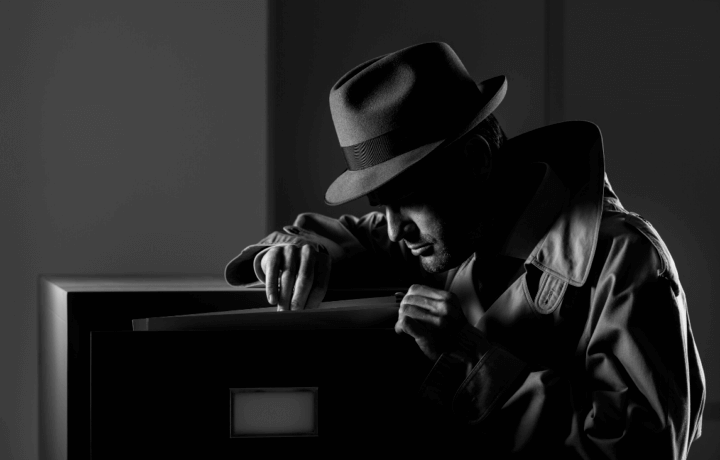It is a fact that the world of military espionage doesn’t often show up in my hometown of Wichita, Kansas. There are no three letter agencies located here, no embassies, and contact with foreign nationals by the military here is not a common occurrence. However, 40 years ago, that was not the case.
The Steps That LEd to Treason
2nd Lt. Christopher Cooke was a Titan Missile crew commander stationed at McConnell AFB at a time when the base was aligned under Strategic Air Command. Cooke had a bright future with the Air Force, as he already possessed a Master’s Degree in International Relations from William and Mary University, located in his home state of Virginia. Upon his arrival at McConnell, his personal dystopia started immediately. Cooke began compromising Top Secret documents and making trips back to DC and visiting the Soviet Embassy. It took a call from the Embassy to his parent’s house because his car broke down to alert the FBI that this guy might be a problem. However, what Strategic Air Command did not know was the severity of the transgressions involved.
Immunity Promised Before Full Espionage Impact REalized
Initially, Cooke was interviewed for visiting a foreign embassy without reporting the same, a minor offense in the grand scheme of things. When Cooke was interviewed, he was promised no prosecution and an honorable discharge, based on the idea he was merely a small piece of an elaborate spy ring. What they actually received in terms of information was stunning. According to court records, it included “the design capabilities and vulnerabilities of the Titan 2 weapons system….attack options and their objectives and sub options” and “cryptologic procedures”. It was at the time, widely viewed as one of, if not the worst security breach in Air Force history. The problem with the immunity grant was the Air Force reneged on the deal after learning that Cooke was a “spy ring of one”.
Court-Martial Proceedings In Cooke’s Treason Case
The court-martial proceeded in the nation’s capital and F. Lee Bailey, was brought in as Cooke’s civilian defense counsel. The military trial judge in the case ordered Cooke to stand trial on 14 charges against him after weeks of pretrial motions and hearings. Bailey and his team immediately appealed the decision to the Court of Military Appeals who ruled that Cooke could not be tried because the Air Force and specifically Strategic Air Command created a “reasonable expectation that if he satisfactorily cooperated with matters concerning national security there would be no court martial prosecution”. This, as the court pointed out, was a violation of due process of law. As a result, the top lawyer for Strategic Air Command lost his job and Cooke, while damaged, was a free man.
Understanding the Impact of Premature Immunity
This case was brought to my attention by Col (Ret) Curt Watkins who had a role in the proceedings and was a colleague and friend of mine while serving together in the Air Force Reserves. I thank him for creating curiosity on my part to delve into the history of the matter and the lessons learned from offering immunity prematurely when you might not know the entire story.




